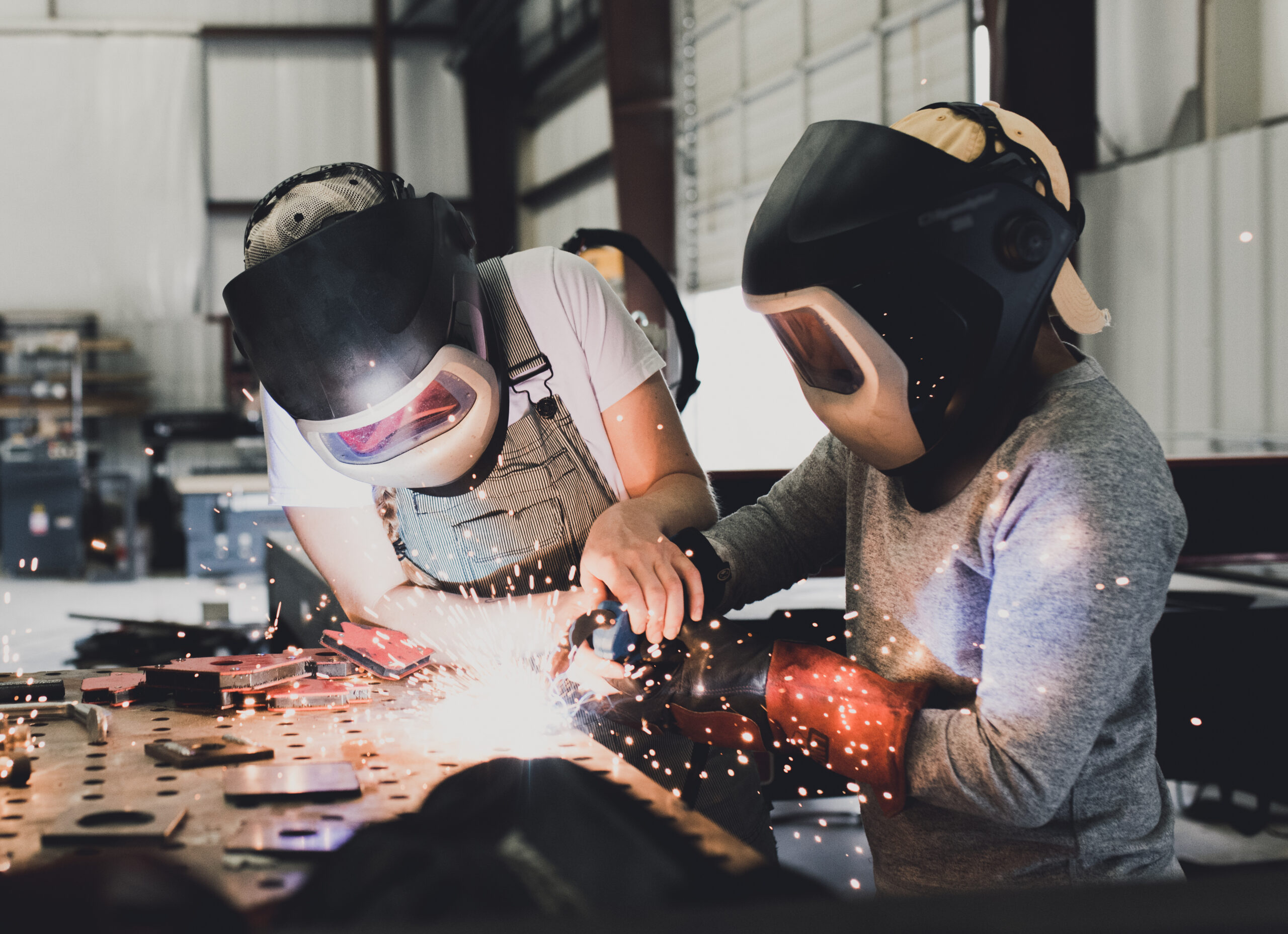In our From Ivory Towers to Main Streets series, we’ve highlighted how real economic development occurs in the communities we serve, not in academic journals or abstract policy debates. The latest example comes from the world of skilled trades, where plumbers, electricians, and HVAC entrepreneurs are emerging as a new class of millionaires. As private equity pours money into these vital industries, we’re witnessing a seismic shift that holds both promise and caution for local economies across the U.S.
A recent article in the Wall Street Journal illustrates how private equity reshapes the landscape for small businesses in the skilled trades. Firms that once struggled to compete with larger corporations are now courted by investors eager to build empires out of local home services. Take Aaron Rice, a co-founder of a plumbing business in Tucson, Arizona. After years of skepticism, Rice sold his company to a private-equity-backed operation in 2022. Now, he continues to work as a department manager with the company he once owned, with a clearer path to retirement and financial security for his family.
The Trades: From Grit to Prosperity
At Street Economics by BusinessFlare, we’ve long advocated for practical, hands-on approaches to economic development that build up the communities from within. The rise of private equity in the skilled trades underscores something we’ve always known: you don’t need a college degree to build a successful business or make a meaningful impact on your community, as described by Mike Rowe which we covered in our last post. For years, we’ve watched as cities across the U.S. shifted away from valuing these crucial, hands-on professions, often in favor of pushing young people toward expensive college degrees that don’t always deliver returns.
The tide seems to be turning, and private equity firms are finally recognizing the enormous value in these businesses. With nearly 800 HVAC, plumbing, and electrical companies purchased by private equity since 2022, small business owners are finding new opportunities for growth, expansion, and personal wealth. Many of these business owners started with little more than grit, ambition, and a willingness to get their hands dirty. Now, they’re reaping the rewards of years spent serving their communities.
Private equity’s role in the skilled trades is helping to spotlight the trades themselves, showing younger generations that lucrative careers don’t necessarily require a four-year degree. Yet this influx of investment also raises important questions about the future of these businesses and the communities they serve. While private equity-backed firms can bring in capital for expansion, marketing, and improved efficiencies, there’s always the risk that the community-focused nature of these businesses could get lost in the shuffle.
In our work across cities in Florida and beyond, we’ve seen how vital small, locally-owned businesses are to their communities’ social and economic fabric. From the HVAC technician who sponsors local youth sports teams to the plumber who knows everyone by name, these businesses are often more than just service providers. They’re central to the neighborhood identity and are often key contributors to local charitable causes and events.
The rise of private equity in this space could change that dynamic. Will these newly expanded firms still prioritize the connections that local business owners once had with their customers? Will the push for profit lead to higher prices for consumers, or a loss of the personal touch that so many mom-and-pop shops are known for?
As private equity reshapes the trades, these businesses mustn’t lose the very essence of what made them successful in the first place: their connection to the communities they serve. At Street Economics, we believe the best way to ensure this is by fostering local ownership, reinvestment, and long-term thinking. If private equity firms want to continue building profitable, sustainable businesses, they should focus on maintaining the trust and relationships these companies have spent decades cultivating.
The good news is, some of these larger firms are doing just that. Companies like Redwood Services, which acquired Rice’s business in Tucson, are implementing apprenticeship programs, boosting pay for technicians, and ensuring business owners maintain a say in how operations are run. This combination of private equity’s resources and local know-how could offer the best of both worlds: greater efficiency, better worker wages, and continued local engagement.
What can local governments and economic developers learn from this shift in the trades? First, it reminds us that practical skills and entrepreneurship are essential pillars of a thriving local economy. Cities that invest in workforce development for the trades – whether through vocational programs in high schools or partnerships with local businesses – are better positioned to fill essential jobs and build a resilient economy.
Second, it’s critical to support the small businesses that have always been the backbone of our communities. The rise of private equity may present growth opportunities, but local governments should strive to ensure these businesses remain grounded in their neighborhoods. That means incentivizing local ownership, encouraging apprenticeships, and fostering relationships between small business owners and their communities.
The rise of millionaires in the skilled trades is a powerful testament to the value of hard work, community connections, and entrepreneurship. But as private equity reshapes these industries, it’s essential to strike a balance between growth and local impact. At Street Economics by BusinessFlare, we believe the trades have always been vital to economic development, and we’re excited to see the renewed attention they’re receiving.
However, we urge communities to remember that real economic success isn’t just about building an empire; it’s about keeping the heart of the community intact.




Comments are closed